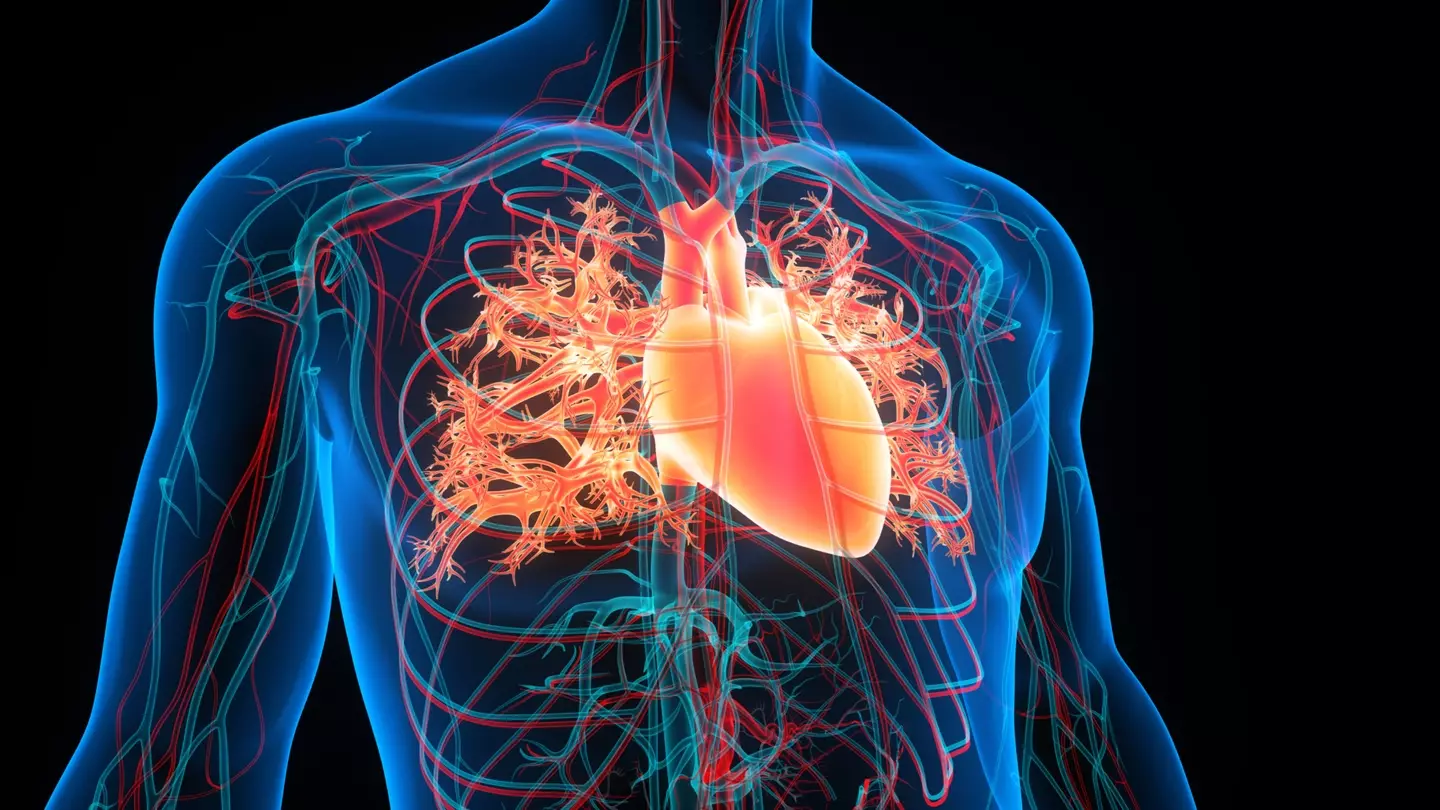
Former Vice President Dick Cheney's family has revealed his cause of death in a statement.
The 84-year-old died on Monday (November 3), with his wife and two daughters by his side.
Cheney served as the 46th vice president for two terms alongside Republican President George W. Bush between 2001 and 2009.
He was a Conservative up until his final few years, when he backed Democrat Kamala Harris in the 2024 election.
Advert
Cheney stirred drama when he called Donald Trump a 'coward' after his reaction to losing the 2020 election triggered the January 6 Capitol riots.
Cheney died this week from 'complications of pneumonia and cardiac and vascular disease', his family said.
Back in 2012, he underwent a heart transplant which he says gave him 'the gift of life'.

What is vascular disease?
Tens of millions of people in the US are impacted by vascular disease, which refers to any condition that affects your circulatory system, including your arteries, veins, capillaries, and lymph vessels.
It can affect any part of the body, lead to serious complications like stroke, heart attack, or limb loss, and often develops silently until symptoms become severe.
These issues can be be inherited or develop over time due to lifestyle factors.
Common vascular problems occur because plaque, made of fat and cholesterol, slows down or blocks blood flow inside the arteries or veins, as per the Cleveland Clinic.
The condition is common in the US, especially among people who are overweight, diabetic or smoke.
The most frequent forms of vascular disease are peripheral artery disease and carotid artery disease.

Peripheral artery disease is caused by a buildup of plaque which narrows arteries and reduces the blood flow to legs or organs.
Carotid artery disease, meanwhile, is the narrowing in the neck arteries that supply the brain, increasing the risk of stroke.
Other versions of vascular disease include aortic aneurysm - a bulge in the aorta that can rupture - and fibromuscular dysplasia - abnormal artery wall growth causing narrowing or aneurysms.
Venous diseases include varicose veins, chronic venous insufficiency, and deep vein thrombosis (DVT), which affect blood return to the heart.
Lymphatic diseases, like lymphedema, involve fluid buildup due to damaged lymph vessels.

Finally, inflammatory vascular diseases, such as vasculitis, cause vessel wall inflammation that can restrict blood flow or lead to aneurysms.
While plaque build-up is the most common cause of vascular diseases, other causes include high cholesterol, high blood pressure and smoking or tobacco use.
Diabetes, genetic factors or inherited clotting disorders and injury, infection, or certain medications can also be factors.
Topics: Donald Trump, Politics, US News, Health